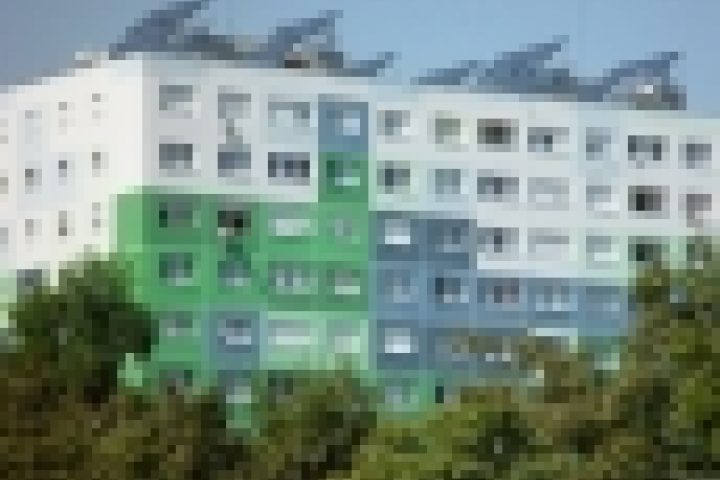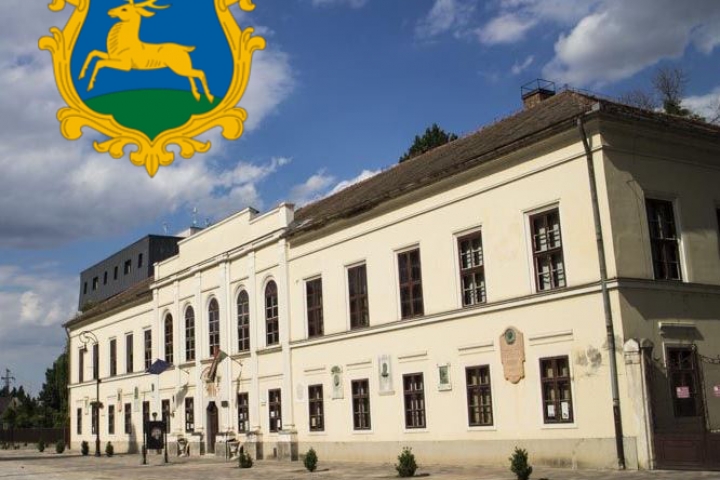RE-SEEties - Resource. Rethink. Replan.
RE-SEEties is a two-year long project to address the problem of inefficient resource use in cities. The project is supported by the European Union and the South East Europe Transnational Cooperation Programme, with the participation of eight South East European municipalities and several professional institution partners. The goal is to help municipalities develop integrated waste-and-energy solutions, in order to create resource efficient urban communities.
Target:
MAIN OBJECTIVE: to improve the integrated policy-making and strategic planning competences of SEE municipalities in the fields of energy efficiency, renewable energy and waste valorisation. The purpose is to change consumption patterns and support changing demands with innovative solutions, tools and incentives.
Description:
What problem does RE-SEEties address?
Europe is facing problems of excessive energy consumption and uncontrolled waste production, and these trends are expected to increase in the future. In South East Europe (SEE), these problems are manifested also through resource inefficiency as well as lack of coordination and awareness regarding how to use resources more consciously.
There is an urgent need to address these challenges, which requires more innovative approaches on the part of governments and citizens alike.

What is the RE-SEEties solution?
INTEGRATING WASTE AND ENERGY SOLUTIONS
To address the above challenges, the RE-SEEties project specifically focuses on the two major elements linked to resource efficiency – energy and waste – in an integrated manner. The purpose of this is to shed light on challenges related to excess energy consumption and waste production, and also to highlight opportunities, such as the benefits of awareness raising for energy saving, and waste valorization.
FOCUS ON CITY LEADERSHIP
In order to achieve these goals of resource efficiency, it is clear that city leaderships have a major role to play in influencing and incentivizing changed behaviours at local and regional levels. Therefore, municipal actors are the core focus of the RE-SEEties project. Eight SEE cities and regions were selected to design and implement these new resource efficiency strategies. These cities and regions were selected due to their existing policy- and decision-making competencies, and are supported by a consortium of professional institutions having expertise and dissemination power in the field.





